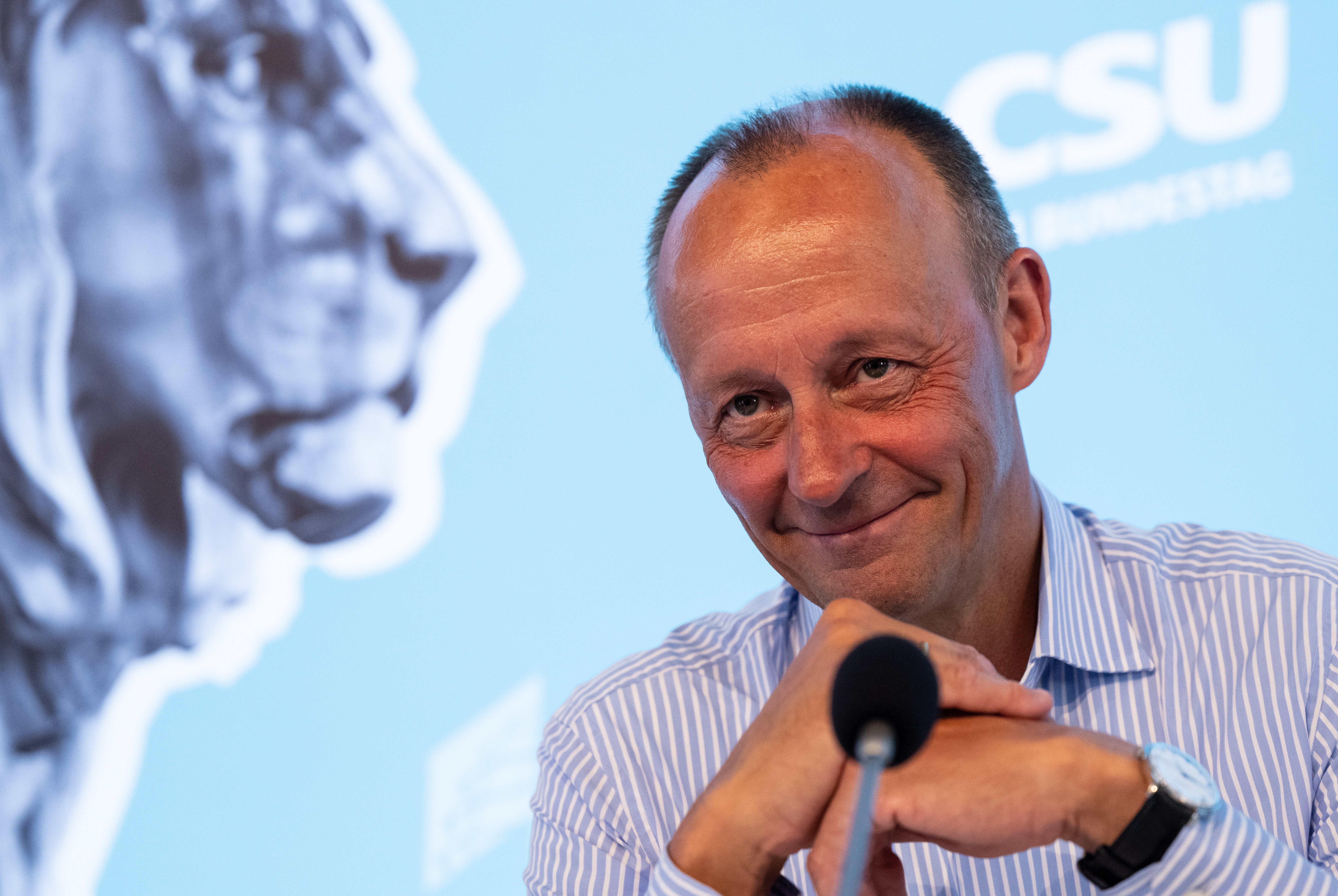Friedrich Merz has reminded Germany and the world that his center-right establishment party, the Christian Democratic Union, is now in a tight spot. The party leader suggested in an interview televised on Sunday that the CDU would be open to partnering with the hard-right Alternative für Deutschland party, at least at the local level.
"It's natural that we have to look for ways to ensure we can continue to work together" in places where AfD members win local elections, Merz said.
In the process, he implicitly acknowledged the reality that the AfD is polling at about 20% nationally and at about 30% in Germany’s East. But he was also breaking a taboo against mainstream acceptance of a party that, according to Eurasia Group, our parent company, has embraced an “openly xenophobic, anti-democratic, pro-Kremlin agenda.”
That’s why Merz quickly faced a backlash from both inside and outside the CDU, and on Monday morning he used Twitter to backpedal. “Our decision stands: There will not be any cooperation with the AfD, also not at the communal level,” he tweeted.
But the damage was done. Merz hopes to become Germany’s chancellor in 2025, and his biggest challenge in defeating the governing left-wing coalition will be to hold together a party in which western state members treat the AfD as untouchable while those in eastern states treat it as a fact of life. With contradictory statements within a matter of hours, he’s not off to a strong start.
